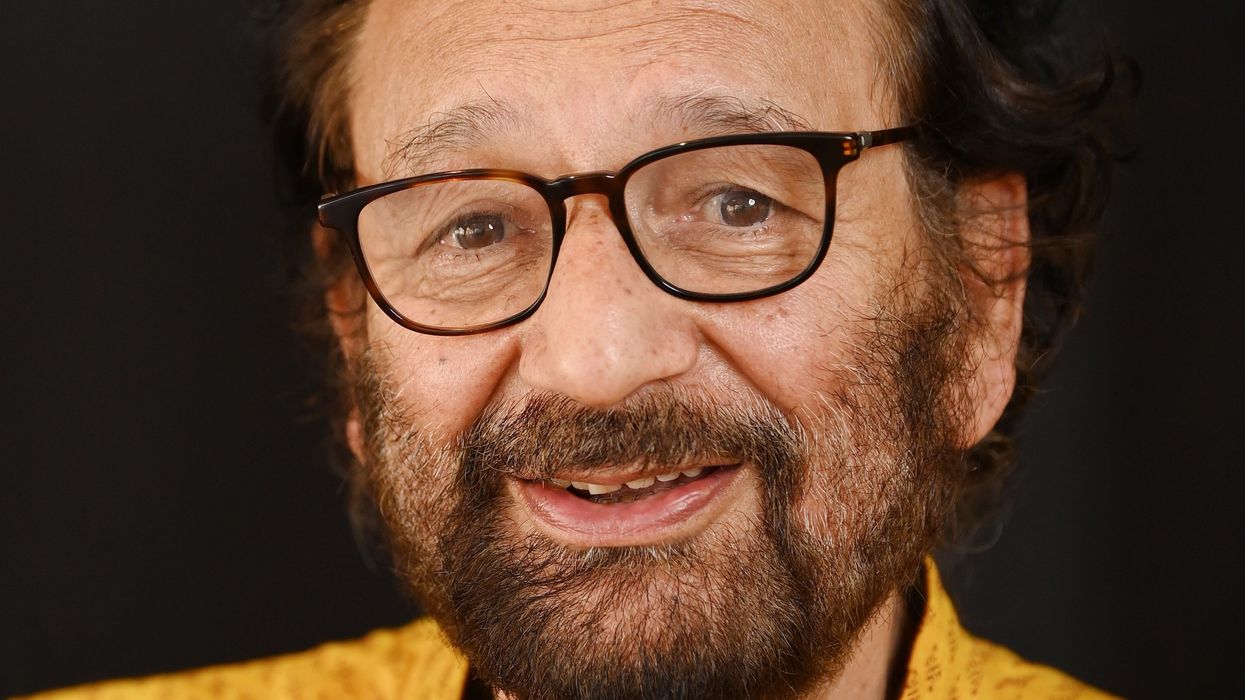Fronted by Anil Kapoor, Sridevi, and Amrish Puri, Mr India is considered one of the most iconic films of Indian cinema. The Shekhar Kapur directorial is also credited for popularising the superhero genre in Bollywood decades before other filmmakers attempted making sci-fi films.
Recently, Shekhar Kapur shared an important detail about how he shot the toughest scene of the film in an era when there was no green screen.
A netizen captured a video of the film being played on television. In the scene, Kapoor’s Arun Kumar feels the power of the invisibility bracelet for the first time and tests the special power by going invisible and coming back multiple times at the request of a kid.
The internet user shared the scene on his Twitter account and tagged Shekhar and Anil in the caption. Appreciating the film, the netizen wrote, "Watching again & again. My all-time favourite movie.@AnilKapoor @shekharkapur." His tweet got 19 likes, one retweet, and one quote tweet by Kapur himself.
The filmmaker wrote, "This was perhaps the toughest scene to shoot in Mr India. We did not then have Green Screen technology which is so common now. This was shot by masking part of the lens of the camera, then rolling back the film negative precisely and masking a different part of the lens. Five times!”
Fans of the film loved the revelation by the director.
“Thanks for sharing how it was done. Shows your love for filmmaking and the extent to which you’ll go achieve your vision as director,” commented a user.
“Wow… Thanks for this behind the scene story... It’s incredible how technology eases the special effects shoot but to shoot this in 80’s without the help of technology is a real task,” wrote another.
Shekhar Kapur is gearing up to commence work on his next film Masoom: The Next Generation, a sequel to his 1983 film Masoom.




